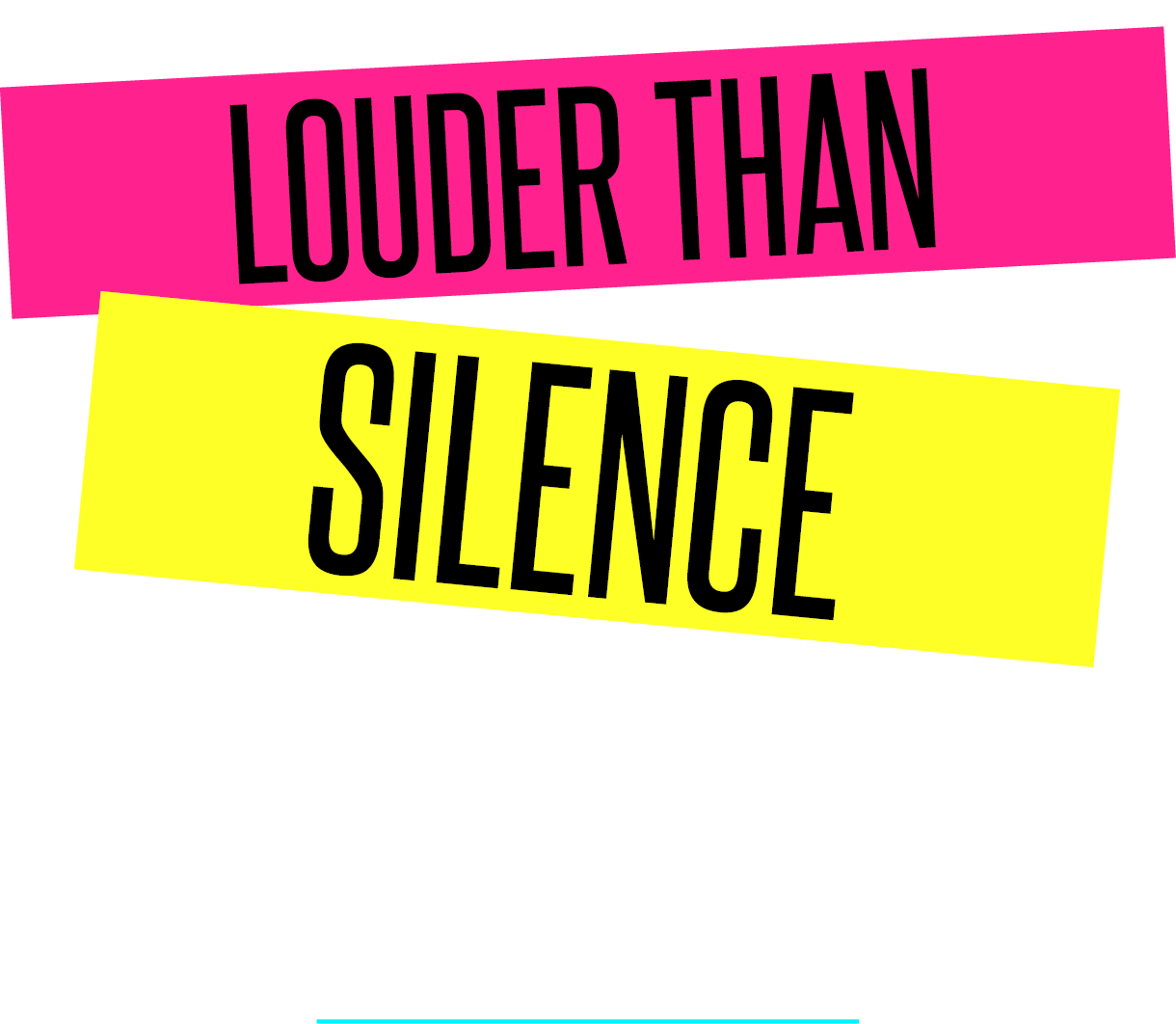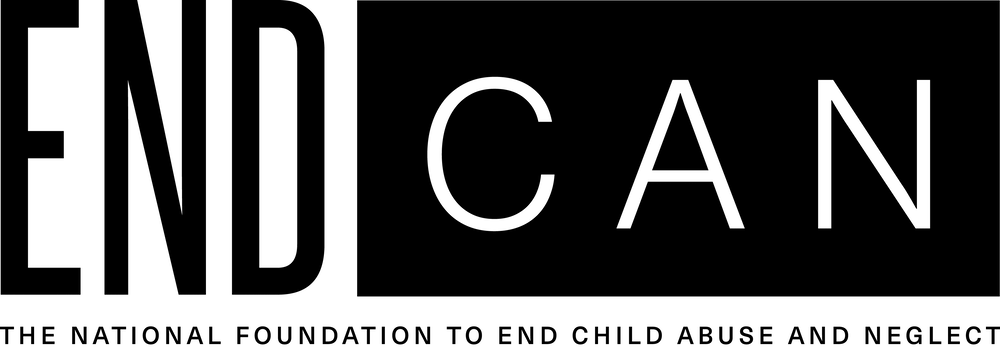

Jacque Montgomery
Episode 25: The Power of Telling Our Stories
In this episode, Lori talks with longtime EndCAN partner and supporter, Jacque Montgomery, about the roll storytelling plays in the mission to end child abuse and neglect.
Episode Transcript
Transcript of the Louder than Silence Podcast
Episode #25 – The Power of Telling Our Stories
Transcribed by Adam Soisson
[Inspirational theme music plays.]
>> Lori: Thank you for joining us. In this podcast, we are real people, talking about real things. Child abuse and neglect: a topic that is all too often left in the shadows of silence, leaving survivors alone, fearful, and oftentimes without a voice. We’re having conversations to become Louder Than Silence. It is here, where we will invite you to join us and be the change needed to end child abuse and neglect.
>> Lori: This podcast is brought to you by our dear friends at The Conference Experience. The folks at The Conference Experience have really helped us out at EndCAN here for the last year and a half. They do incredible work, especially during COVID. They’ve really stepped up to the plate and helped us out so if you’re needing any audiovisual, production, or even support and help with running an event, please give The Conference Experience a call. Their number is 720 323-3273 or you can check them out at theconferenceexperience.com
>> Lori: Alright hello everybody. I am Lori Poland, I am the Executive Director of the National Foundation to End Child Abuse and Neglect. Today you are joining us on our Louder Than Silence podcast. I have our dear friend Jacque Montgomery joining us. I met Jacque before EndCAN was even EndCAN. We met her at the governor’s office with a really good friend of ours, Jamie Van Lewin, and our first meeting Jacque was in it to win it. She was spitting out ideas and I remember walking out and saying to Dick, “holy cow what just happened?” and he said, “That’s Jacque. She’s a fighter, she’s a go-getter and she gets the power of story. She gets that relationships come by connecting through story. She finds a way to make the story relatable and to help people’s stories be heard so the world can connect with them.” Jacque worked with us for a couple of years as our PR person for EndCAN and this year has transitioned to being on our communications advisory committee. I just love you Jacque, I love your family. We’re so glad you’re here.
>> Jacque: Thank you, we love you too.
>> Lori: Alright so today I just want to hear from you about that gift. You taught me the power of story. You taught me that I don’t have to be this poster child and my story is part of who I am. You helped me transition from feeling shame about speaking out about my story and going against the wishes of people in my world into using it for the greater good, not as a way to cause harm but as a way to help people understand they’re not alone. Tell me what drives you in that.
>> Jacque: Well I think with respect to the National Foundation to End Child Abuse and Neglect, it’s not just your personal story and your friendship and partnership with Dr. Krugman that’s so powerful but everywhere we went with EndCAN, somebody stopped to tell their story. The incident is one small part of who all these folks individually are and it speaks so much to who you are and what you’re trying to do with EndCAN. To help other survivors and those who’ve been touched by abuse, really for a cause for good. Not just to improve their own health and mental wellbeing but to improve the health and mental wellbeing of their communities. Really, anyone who watched or listened to your story shared theirs in a way that created power and basically unified this mission that EndCAN is on.
>> Lori: Tell me, you’ve made a career out of storytelling. Tell our listeners about that, how has that looked?
>> Jacque: Sure, it helped that I had to tell stories because my first love and passion was journalism and TV journalism so we knew and learned pretty quickly what all the parts of a powerful story were and that is the human impact of what’s happening in the world and how that drives response. There are certain elements to a story that connect with people more than others so you always need to have those folks that are willing to share. I think that’s what’s been so powerful, wherever the stories came from. I’ve been in health care, I’ve been in government as you mentioned, higher education but everybody in those different sectors wanted to have their stories told so what was it we could glean from the work they were doing that would make it relevant for the people who are listening on the radio, watching on TV or reading a newspaper. Fortunately for me all of those areas still bring in a lot of interest so it’s easy to find stories given the amount of incredible work that’s going on in health care today or higher education, or in the nonprofit sector like EndCAN.
>> Lori: Yeah well I want to thank you for everything you’ve done for us. You taught Dick and I so much about how to use our story for the greater good and how to partner with media. Not just media as in TV channels but through newspaper articles and op-eds and communications devices whether that was online, social media which is a world I’m not an expert in by any means but through our relationship building with partners, the more we worked together the more influential we could be. Specifically for this topic, child abuse and neglect, that’s where the meat and potatoes is. That’s where our work is so tell me what your thoughts are on that and where your expertise becomes so valuable in blending this specific topic with the power of story.
>> Jacque: You kind of alluded to it. It’s the relationship building, wherever we sit, if we want to have our stories told in the masses we have to build those relationships with those story tellers so EndCAN, you and Dick were willing to work with those storytellers so you could tell the right story or the story you want to share gets told. It’s not just the story of how we came to be as a national foundation but also the impact it’s having and how survivors are connecting with EndCAN and can get a chance to tell their story. I think the other key that’s so important here is that EndCAN is not just about physical and mental health but also the public health impact of abuse. People haven’t heard that before so there is a newness to that. But it also made people recognize that when they do read a headline about a child who has been killed at the hands of their parent, there’s impact beyond that immediate family. There’s a community that’s hurting, there’s first responders who might be hurting, there’s a school that’s hurting so everybody who is potentially reading that story is responding to it so that’s the public health aspect. It’s not just the two or three or four in the immediate family, it’s so much greater and so to be able to bring a new angle to a longtime issue, as Dr. Krugman likes to say, child abuse has been around for a very long time and until we really get more comfortable talking about it and addressing it, we won’t be able to see the change that’s truly needed. So by people being willing to share their stories, I think slowly we can see some real change.
>> Lori: Another thing I learned from you is you helped me to understand – Dick is an academic so he would always say child abuse is not just a social and legal issue but also a public health, mental health, and physical health issue. The way you just described that though, you told the story of the school and the neighborhood, and the community and then the state. It brings me back to Columbine. It wasn’t just about the school itself or the shooters or the poor victims that were impacted by it but their siblings and their parents and their friends and the neighborhood. I have goosebumps just thinking about it. That was like an inside-out, outside-in approach that it really became this national thing that we need to be talking about gun violence. It’s not about using guns, it’s about using guns wisely and helping with understanding gun safety and putting guns in the right hands. You can’t just give them and have access for everybody so similarly, not that I want this topic to go on a tangent of gun safety and gun violence but it’s a similar type issue that the impact, the ripple effect of child abuse and neglect. You helped me to understand that partnering with communication avenues – newspapers, communities, gazettes, schools, systems, the news itself, podcasting. Whatever communication we were doing, you helped me to see that’s the public health approach and that anytime any of us hear a story, it impacts us whether it’s a little impact or a big impact. We hear it, we recognize it, we process it. These kind of things can be resolved when we’re all working on it from that larger systemic approach.
>> Jacque: You know one of the stories that will always ring true with me and EndCAN’s impact is Terry Koontz, who you’ve had podcasts with and I think the listeners can reflect back to his story that it took you telling yours on a national stage very bravely in a really unknown environment at the time. Even for as prepared as you can be for live television, you’re never as prepared as you want to be. You were going through your own experience on that but he was watching you, reliving his traumas and finding new reason to work through them so he could get healthier and do better in his future so to have him reach out and share, and now look at where that friendship and partnership has gone, just speaks to how unfortunate or sad it would be if we weren’t brave enough to launch ourselves to those unfamiliar and maybe unsettled places in order to help somebody else.
>> Lori: Thank you for bringing that up and yeah I think Terry is one of many people I’ve had the privilege of getting to know through this journey. The impact is so mutual.
>> Jacque: Let me add that even now, EndCAN is going to have some great events in 2021 as long as we can if the pandemic truly goes away. One event that also produced a ton of stories and a lot of power for me was when we were at the Rockies baseball game and we had a table wanting to talk to people to raise awareness about the national foundation but what we gained was the amount of people coming up to us who finally had someone they could share their personal traumas or stories, or they knew somebody and wanted to know how to talk to them better.
>> Lori: At a Rockies game!
>> Jacque: Yes, even at a Rockies game, even at a baseball game. Some people came back multiple times because we were able to provide for them an outlet that they didn’t have before so I really am excited for the events that EndCAN is planning so our listeners out there make sure they hear what is coming up and engage because I think there’s going to be power in those events.
>> Lori: Jacque will be at many of the ones here in Colorado so if any of you that are listening are close to the Denver area you can absolutely meet Jacque in person. We love having her around. Jacque I just want to thank you again for who you are and what you’ve done for me as a woman, as a professional, as a friend. You’ve taught me a lot in these last 3 years and I’m just really grateful that you’ve helped me lean into the power of story and the power of my own story and owning it and knowing that I can connect with other people through it.
>> Jacque: Well Lori I hope you know that the feelings are so mutual because as much as you say you learned, a learned a whole lot more and I’m ready to do this heavy lifting with you because we have miles to go before we sleep on this journey.
>> Lori: So well said. Thank you all for listening to our Louder Than Silence. We had Jacque Montgomery who is a wonderful friend and advocate with EndCAN who’s been with us really from the beginning and we just love you and appreciate you. I hope everybody has a great day. Take care.
>>Lori: I want to thank each of you again for joining us today and listening in. If you or someone you know is being abused, please call 1-800-4-A-CHILD. To learn more about EndCAN, visit www.endcan.org or find us on all social media platforms. Join us in being Louder than Silence and being a part of the change. Please leave a comment, like our podcast, or share with your friends. The more the word spreads, the more of a collective impact we can have. If you have a question or you know someone who would want to be a guest on our podcast, please contact bethechange@endcan.org. Thanks again, and have a great day.
<END>


